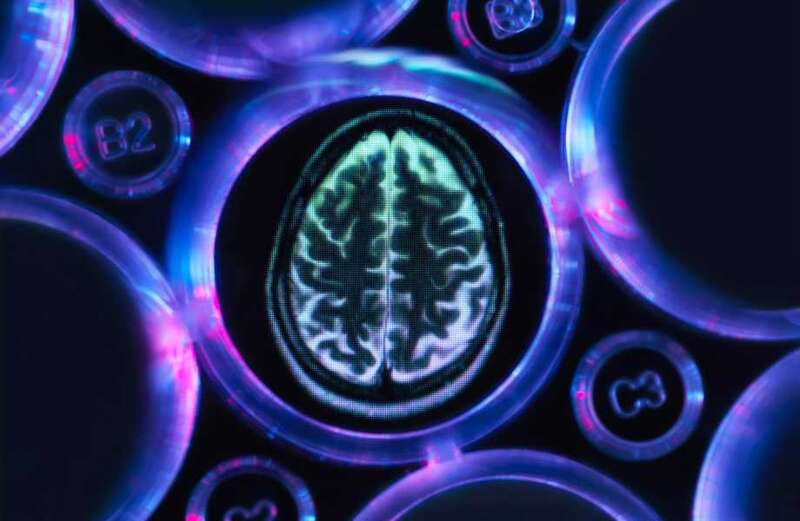APHASIA is medical condition that leaves patients struggling to understand language and unable to communicate effectively.
And it typically occurs after a stroke or head injury.

The onset of aphasia may be also be related to disease or brain tumour causing degenerative damage.
Treatment for aphasia comes in the form of speech and language therapy, where the diagnosed may learn new ways to communicate.
Those with aphasia usually have "expressive" or "receptive", form of the disease.
 Are there illegal baby names? Surprising monikers that are BANNED in other countries, from Sarah to Thomas
Are there illegal baby names? Surprising monikers that are BANNED in other countries, from Sarah to Thomas
"Expressive" aphasia is when people find it very difficult to find and say the right words, although they probably know exactly what they want to say.
While "receptive" aphasia is when someone is able to speak well and use long sentences, but what they say may not make sense.
Most people with aphasia have trouble with their speech, and will have a mixture of problems with writing, reading and perhaps even listening.
Those with the cruel condition are often unaware their speech makes no sense and get frustrated with those around them who cannot understand them.
Is aphasia fatal?
Aphasia that's caused by a one-off event like a stroke usually gets better or goes away entirely as you recover and your brain heals with time and treatment.
It's not fatal, but the chance of recovery is poorer for people with aphasia resulting from a progressive neurological condition, like Parkinson's disease.
As the disease progresses, other mental skills, such as memory, can become impaired.
Some people develop other neurological symptoms such as problems with movement.
With these complications, the affected person eventually will need help with day-to-day care.
People with primary progressive aphasia can also be left with behavioural and social issues which may lead to blunted emotions and inappropriate social behaviour.
 All about Rachel Nickell who was murdered in front of her son Alex Hanscombe
All about Rachel Nickell who was murdered in front of her son Alex Hanscombe
Speech therapy might help improve aphasia symptoms but may not fully reverse this condition's effects.
What celebrities have had an aphasia diagnosis
The family of actor Bruce Willis recently announced that he would be stepping away from acting following an aphasia diagnosis
Game of Thrones star Emilia Clarke opened up about having an aneurysm that caused a stroke and a subarachnoid hemorrhage.
She had to have brain surgery, and two weeks later, she couldn't remember her name.
Basic Instinct actor, Sharon Stone, experienced aphasia after a brain aneurysm in 2001.
































